
Diana Weber
Lawyer of international law
Rating:
24
May
Immigration to Finland for Permanent Residence
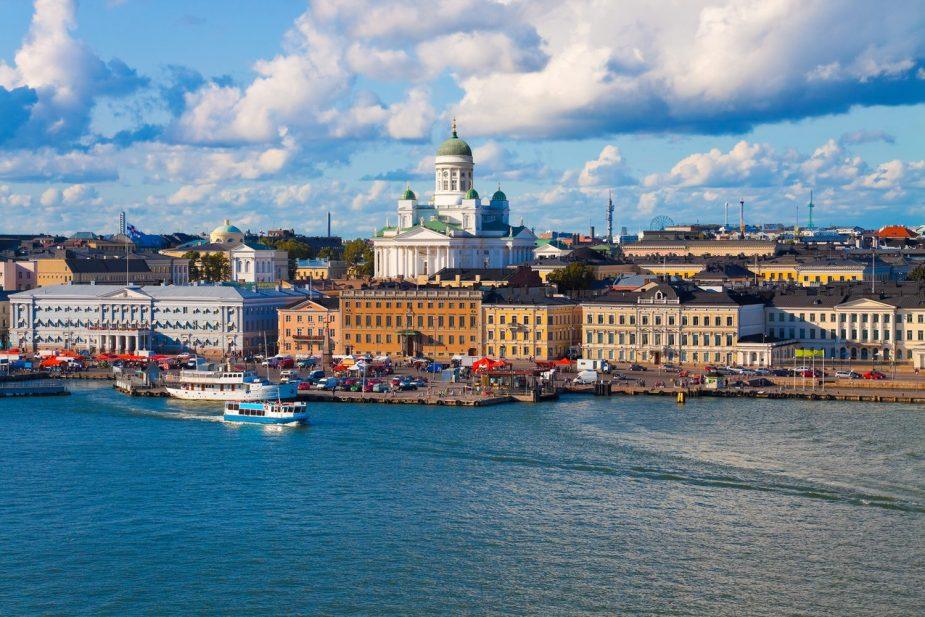
Permanent residence in Finland is a status of an inhabitant of the state, which is granted indefinitely after the period of prior residence with a residence permit and if related requirements have been met. The holder of a residence card is equal in most rights to a citizen of the country, except for the possibility to participate in the electoral process and work in state structures. Unlike a temporary residence permit, a permanent residence permit is not canceled, does not require regular reissuance with proof of the grounds for living in the state.
Moving to Finland for permanent residence implies opening a national visa, temporary resident status, its extension and registration of a permanent residence permit. To immigrate, a foreigner needs to select a legal basis, which makes it possible to apply for a local residence permit. It is possible to apply for permanent residence status in the Republic of Finland after 4 years of continuous residence with a temporary document. The applicant must be law-abiding and not pose a threat to national security and public health.
Citizens of any other European Union member state can immigrate to Finland quickly and safely. The holder of an EU passport receives the same rights in the Republic as the native population and does not have to look for a reason to live on its territory. You can find out more about the simplified program of accession to EU citizenship from dedicated experts Immigrantinlaw at a free consultation.
Finnish permanent resident status gives an immigrant access to the following advantages and privileges:
The procedure of emigration from other countries to Finland step by step looks like this:
Submit an application form and we'll get back to you!
The reason for which a foreigner is moving to Finland determines the type of residence permit he or she can obtain. For example, an ordinary worker's residence permit does not entitle a person to simplified family immigration, unlike a Blue Card. In some cases, when applying for a residence permit, the applicant may need to demonstrate an income level of 1000 EUR or more for each month of validity of the document.
Some types of Finnish residence permit (e.g., study permits) limit the right to work to 30 hours per week. The validity period of resident cards also differs, e.g., for one year for special activities (journalists, volunteers, religious workers) or up to 2 years when starting a business. Applicants should compare the terms and conditions of suitable types of residence permits and choose the best one according to the requirements for the applicant, rights and privileges. The following are common grounds for immigration to the Scandinavian Republic.
To immigrate to Finland, a foreigner must apply for a residence permit at a diplomatic mission (embassy/consulate) in the country of permanent residence. The applicant makes an appointment in advance, visits the authorized body, pays the administrative fee and submits the documents. On average, it takes about 1-3 months to review the application, depending on the basis and workload of the embassy or consulate.
If the request is approved, the applicant can obtain a national visa D, which gives the right to move to Finland and apply for a residence permit at the Migration Service office at the place of registration. The visa sticker is placed in the foreigner's passport. The cost of a Finnish residence permit depends on the basis for which the document is requested and the age of the immigrant, on average it ranges from 450 to 740 EUR for adult applicants.
Most often, a Finnish residence permit is issued for a period of up to 2 years, but not longer than the duration of the planned stay in the country (e.g., the duration of a work contract). Immigration-type residence permits are subject to re-issuance if the reason for staying in the country is retained. The applicant applies to the migration service at the place of registration, where he/she submits the application together with a package of documents. It is possible to carry out the online procedure through the website of the authorized body Enter Finland.
It is possible to request the status of permanent resident 4 years after entering Finland and obtaining the initial residence permit. Of this period, at least half of the time must actually reside in the state. The process of applying for a Finnish residence permit also involves visiting the migration service and submitting an application together with a dossier. The cost of the document is 150 EUR for children and 220-270 EUR for adult applicants. The expected time of consideration of the request is from 9 to 13 months.
Naturalization in Finland is possible after 5 years of continuous residence. This period includes only 50% of the time spent in the country with a temporary residence permit. In fact, the period of obligatory residence takes from 7 calendar years, of which at least 12 months must be spent in possession of a residence permit card. Also, the applicant for citizenship must fulfill the following conditions:
You can also apply for a Finnish passport through the Finnish Migration Service. Minor children may be included in the application if the other parent approves. The processing time of the application is between 7 and 30 months. The application fee is between 490 and 690 EUR, depending on the method of submission (in paper form or online via Enter Finland).
Professionals Immigrantinlaw provide comprehensive support when immigrating abroad. With their help it is possible to minimize costs and efforts in organizing the relocation and registration of legal status in Finland and other European countries. Details at the consultation.
Staying in Finland without an official document (visa, residence card or passport) can lead to forced deportation abroad. Foreigners who are deported from the Republic are usually banned from re-entering the country, including other Schengen areas. Illegal immigrants may also be provisionally detained for the duration of the trial before deportation. The Immigration Service decides on deportation at the request of a police or border control office, as well as on its own initiative.
Before the immigration to Finland, the following things should be considered:
Relocation to Finland attracts foreigners with the following advantages:
Submit an application form and we'll get back to you!
In the reviews of foreigners who have moved to Finland for permanent residence, positive statements about the state as a whole and its migration policy prevail. Immigrants note wide opportunities for employment even without special qualifications and knowledge of the national language, friendly attitude of the population, high quality of services provided by local hospitals, universities, banking institutions. Foreigners like the services of the educational sector, the right to develop business on the international market, the level of infrastructure even in small towns.
The disadvantages of moving to Finland include the long decision-making process of the national immigration services. Many people claim that the Finnish language is very difficult to learn, and without its knowledge it is difficult to get a highly paid position. The cold Scandinavian climate with a high level of humidity is not suitable for all immigrants. Also, to the disadvantages of living in Finland often include high prices for buying real estate in large cities (from 2500 EUR per square meter) and the need to pay taxes of up to 45% of wages.
To guarantee a permanent residence in Finland, you can enlist the support of international law specialists. Specialized lawyers Immigrantinlaw analyze the applicant's request and his wishes, and then recommend the best immigration programs in a short period of time. Step-by-step professional support minimizes the costs and participation of the foreigner in the necessary procedures. Specialists thoroughly understand the nuances of international law, which guarantees approval of the application for foreign citizenship or residency.
Get more information about the peculiarities of immigration to the EU at a free consultation
Malta Permanent Residence: How to Relocate and Start a New Life
10 March
Maltese residence permit is a permanent resident card, with which you can stay on the island without time restrictions and...
Permanent Residence in the Netherlands: How to Move and Start a New Life
28 March
Permanent residence in the Netherlands is a status that gives the right to stay in the country indefinitely and to...
Immigration to France for Permanent Residence
2 December
Permanent residence in France - the status of permanent resident, which practically equalizes you in rights with the citizens of...
How to Get Citizenship of Poland
27 December
Polish citizenship is a status that gives you access to national rights and privileges on the territory of the country,...
Immigration to Czech Republic for Permanent Residence
15 June
Moving to the Czech Republic should start with obtaining an entry document, preparing a place to live and financial savings....
Obtaining Romanian Residence Permit for Foreigners
5 February
Temporary residence permit in Romania is an official status that is arranged by foreigners for moving to the country and legally...
Discover
new opportunities
with a European Union passport!
Submit the application form and we will call you back!
Leave a request
Contacts
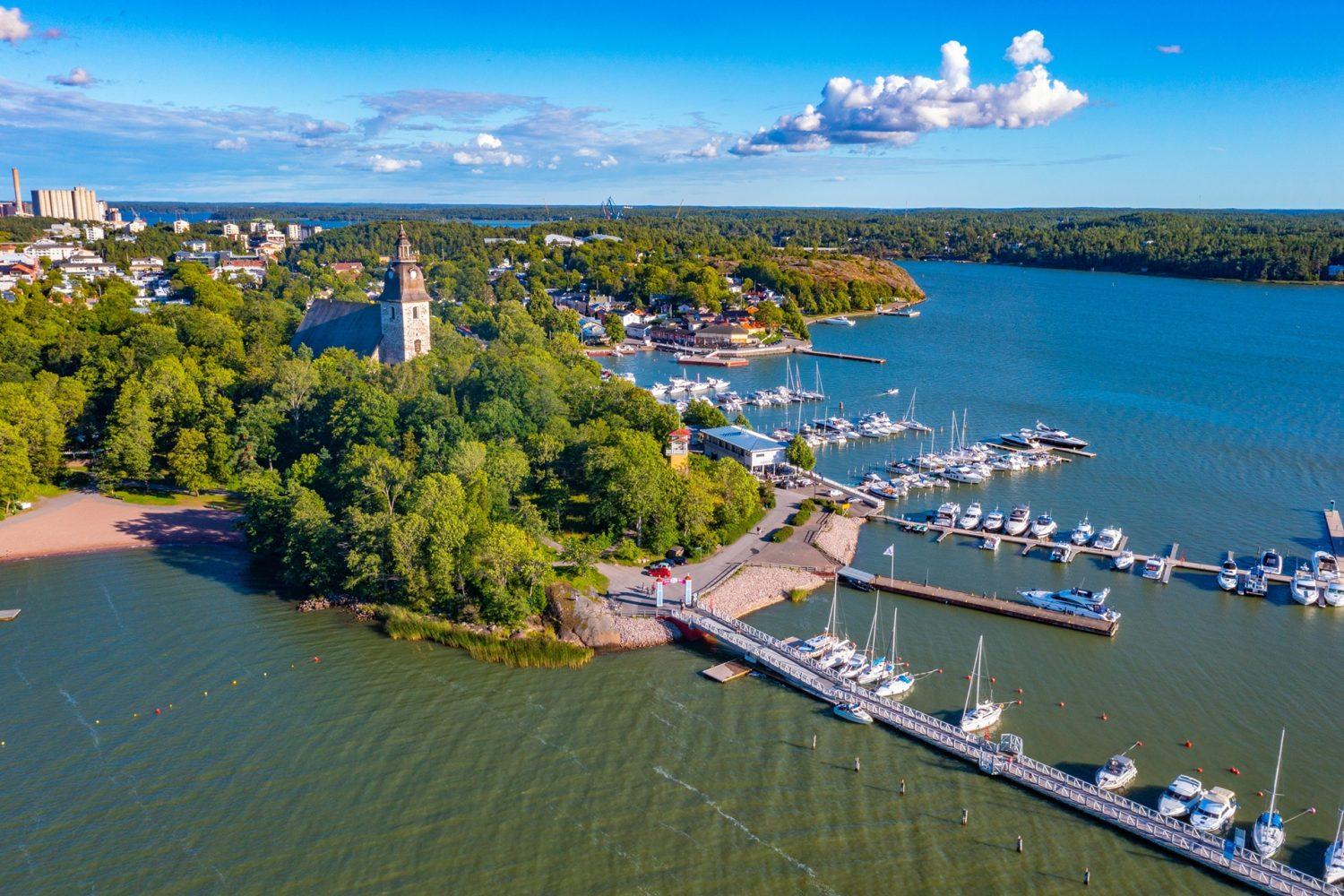



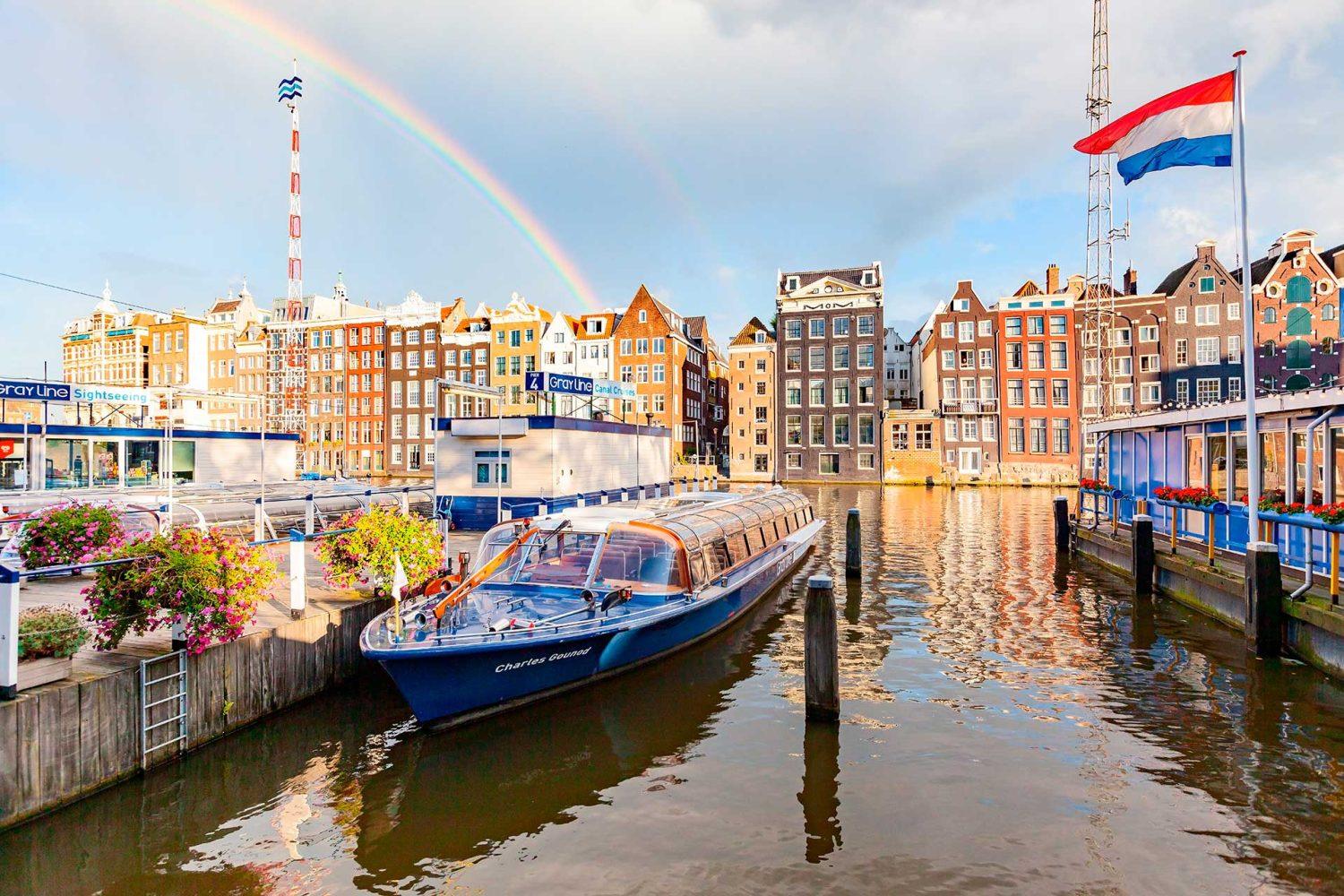

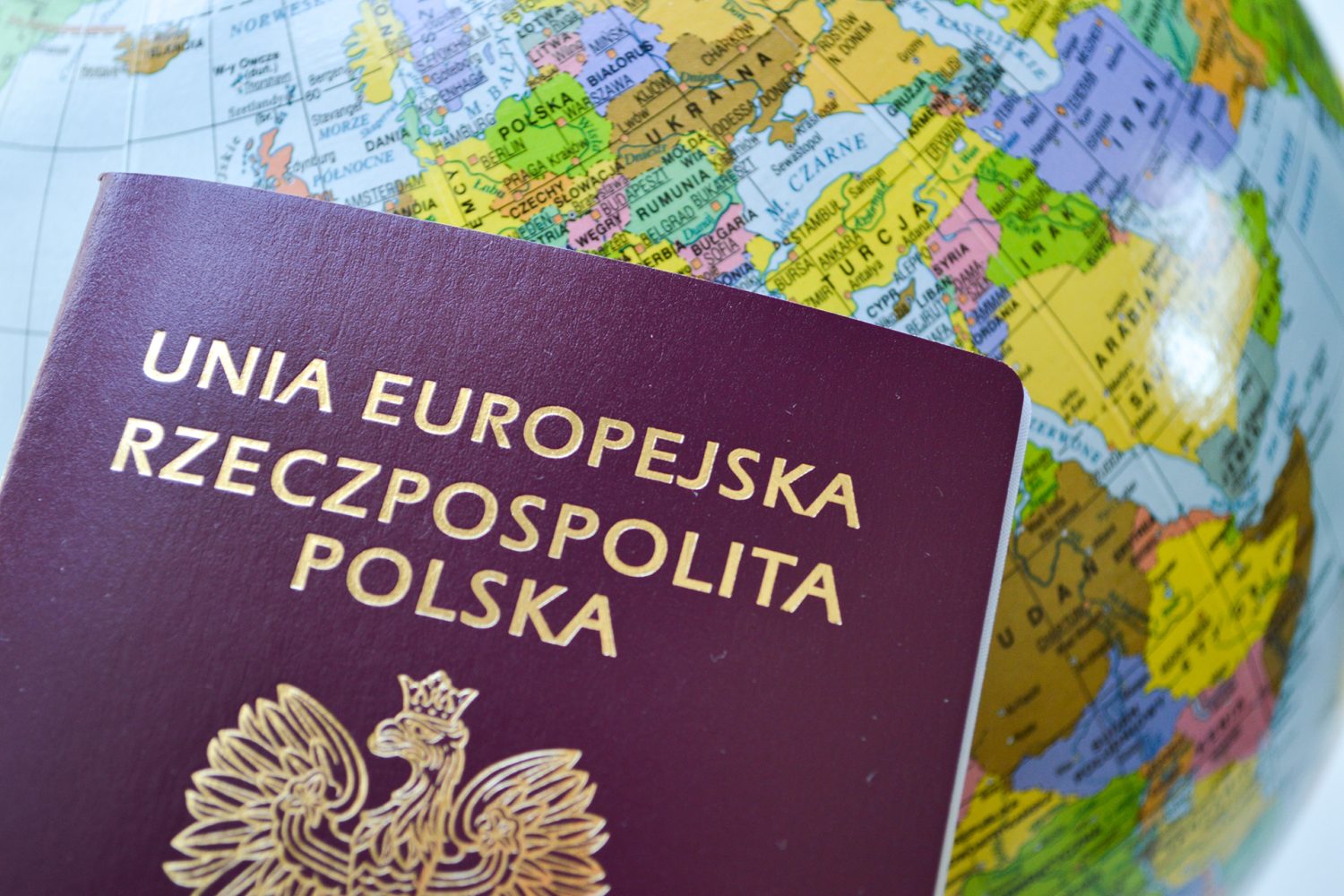
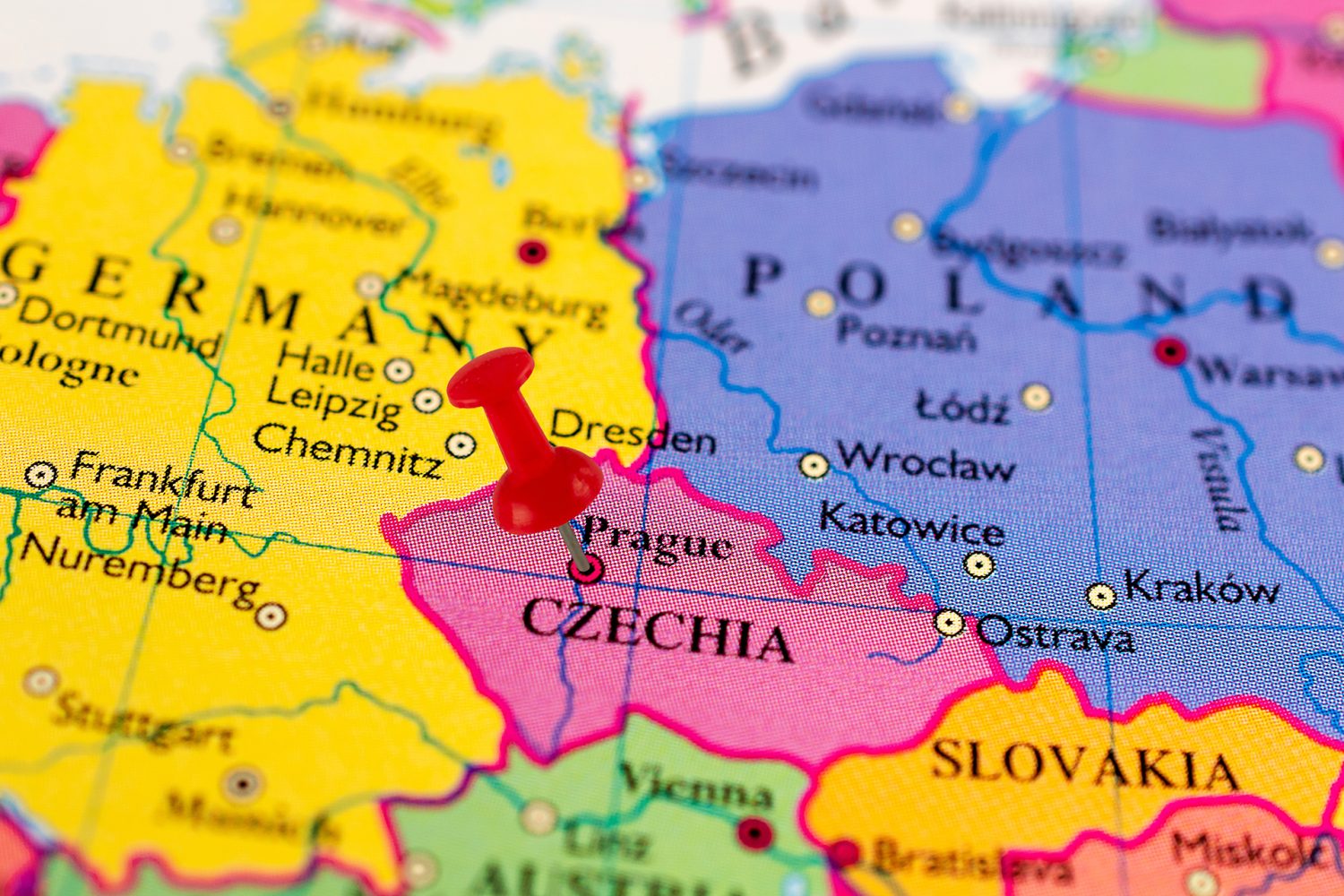
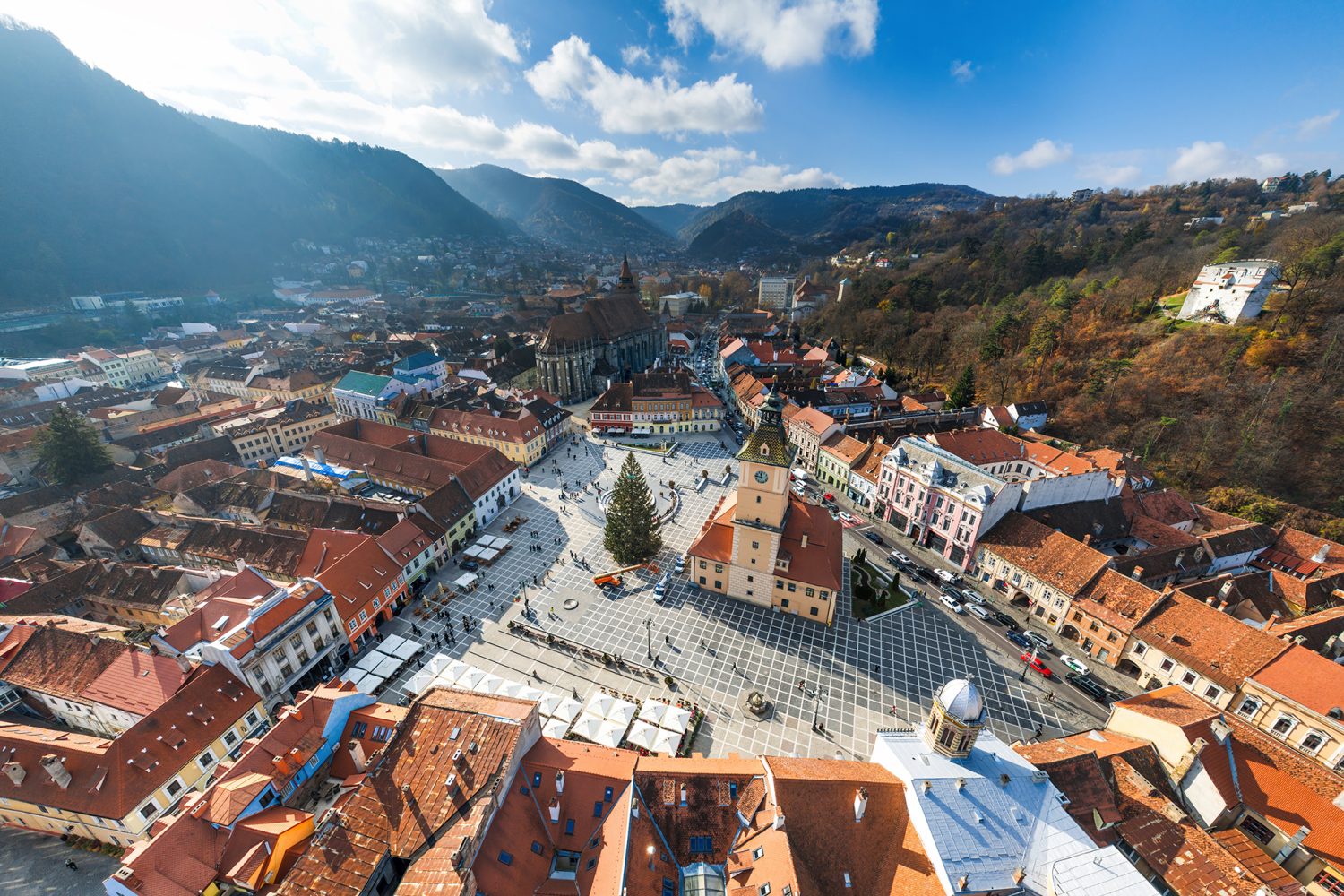

Daria Lebedeva
I’ve lived in Finland for 4 years with a continuous residence permit (A). Can I apply for permanent residence now?
Diana Weber
Not yet — Finland requires 4 years of continuous residence, but it must be based specifically on a continuous residence permit (type A). What many don’t realize is that only time spent with an A-permit counts. Time on temporary permits (like B-type or short-term student permits) doesn’t qualify. Moreover, the 4-year period must be uninterrupted — absences longer than 6 months at a time, or more than a year total, can break your residency continuity. Before applying, you should also have no serious criminal record and demonstrate integration into Finnish society.
ZAFAR UL ISLAM
Would like explore immigration options and FINLAD and Portugal on my list but all subject to process lead time & compliance
Diana Weber
Hello! If you’re exploring immigration to Finland or Portugal, the process depends on compliance with local requirements and lead times, which vary based on visa types and residency pathways.
Additionally, there are simplified ways to obtain an EU passport through repatriation programs. I can provide a consultation to help identify the best options and guide you through the processes for Finland, Portugal, or repatriation.
Feel free to reach out for assistance.
Jules Mutabazi
I would like to be in touch with you so we can benefit from your help
Diana Weber
Hello! Please leave a request in the form on our website, and we’ll be happy to assist you!